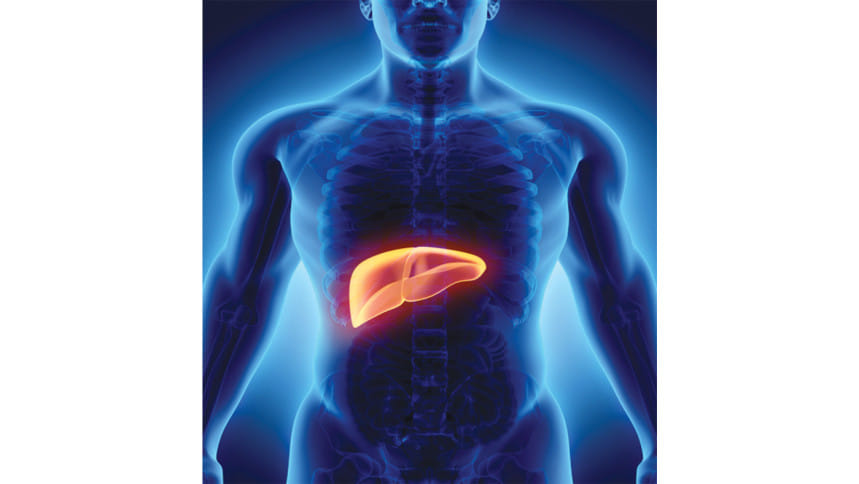Looking toward a cure for Hepatitis B

Infection with hepatitis B virus (HBV) can be effectively treated with an oral nucleoside or nucleotide analog (NA). Still, lifelong daily medication is required and the clinical rebound that results from stopping medication can be severe. As is the case for other chronic viral infections, the holy grail of treatment would be a molecule to induce permanent remission with a delimited course of treatment. One proposed compound is the antisense nucleotide bepirovirsen, which inactivates HBV RNA in multiple capacities and limits viral protein synthesis.
In a worldwide, multicenter, manufacturer-supported, phase 2B trial, researchers randomized 457 adults with chronic HBV infection to one of four dosing schedules of weekly bepirovirsen administered subcutaneously. Participants were mostly white or Asian men; half were also receiving NA treatment. After 12 or 24 weeks of bepirovirsen and 24 weeks of treatment-free follow up, 26 participants (6%) maintained persistently undetectable HB surface antigen (HBsAg) and HBV DNA. If viral "blips" were discounted, the number with a sustained response rose to 31.
Factors correlating with sustained response included low HbSAg level at study entry and randomisation to the highest dose and longest duration of bepirovirsen. Adverse effects included injection-site reactions, fever, and in two patients, severe hepatitis requiring hospitalisation.
While these results are perhaps not as dramatic as desired, they still suggest that, with adjustments in dose or duration, a course of bepirovirsen (or another antisense agent) may incapacitate HBV without the need for ongoing treatment.
An editorialist who is a veteran hepatologist is optimistic, concluding that with these agents "a new era in the control of hepatitis B may be at hand."

 For all latest news, follow The Daily Star's Google News channel.
For all latest news, follow The Daily Star's Google News channel. 




Comments